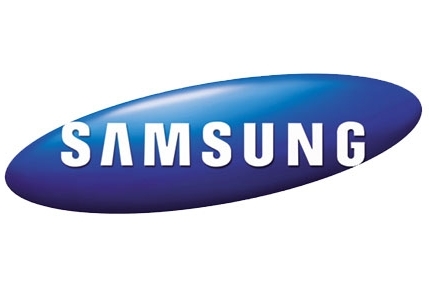

Businesses today are ruthlessly focused on the need to cut costs and improve their operational efficiencies. But at the same time they also face increased rules and regulation, which is in turn forcing IT management teams to re-evaluate their compliance and security procedures.
Security has been one of the top concerns with CIOs and IT decision makers for a while now. It begins in its most basic physical form, with many employees nowadays only able to enter their offices and workplaces after undergoing some form of validation, such as access cards or password. Yet security concerns have expanded beyond just protecting physical assets, to incorporate the prevention of both external and sometimes internal threats to the corporate network.
This can be an area of potential oversight, and a security lapse within the print environment can have potentially devastating consequences for the company. After all, what is to prevent a worker from printing out the confidential customer database? Or someone seeing a printout revealing the salary details of a co-worker?
And many administrators overlook the fact that sensitive company information can be easily leaked when a printer or MFP is taken away for repair or disposal.
All these issues need to be considered to provide a thorough assessment of the security vulnerabilities for a business.
Securing the print environment requires a great deal of thought. Firstly you have to secure the access usually via some form of authentication and authorisation. Secondly you have to secure the data, usually via encryption. And thirdly, you have to secure the printed document, usually via a secure printing option, a watermark or a stamp of some kind.
Sensitive company information has to be securely printed, copied, scanned, and faxed, as the printing environment can suffer from the following security issues:
Therefore it is worth understanding some of the real issues involved in securing the print environment.
Networked MFPs can potentially be a network penetration weak spot for an organisation, and it is worth checking what level of Common Criteria (CC) security validation your particular device is certified to.
Common Criteria is an international security standard used across the IT industry to certify the security level of products. This certification system helps the IT professionals to streamline the process of choosing network devices. In order to be certified, vendor needs to submit a device to the Common Criteria lab. Only when each of the security features passes Common Criteria testing, the device security level get rated and issued a Common Criteria certificate. Samsung for example received EAL 3 certification for its MFP security features, giving its customers peace of mind.
Continued on Page 2
Meta says it will stop targeting personalised Facebook ads at UK woman after legal battle,…
Nine EU countries led by the Netherlands push European Commission for follow-up to 2023 EU…
Former Cruise chief executive Kyle Vogt reportedly raises $150m for The Bot Company at $2bn…
Gotbit founder Aleksei Andriunin pleads guilty to manipulating tokens' trading volume and price after extradition…
ByteDance's largest US investors reportedly in talks for majority stake in US TikTok spin-off, with…
Apple reportedly reassigns Siri development to executive behind Vision Pro after acknowledging delays to much-hyped…